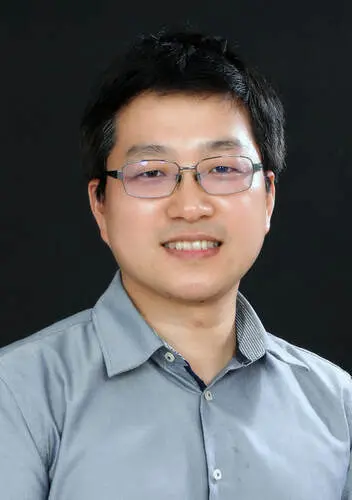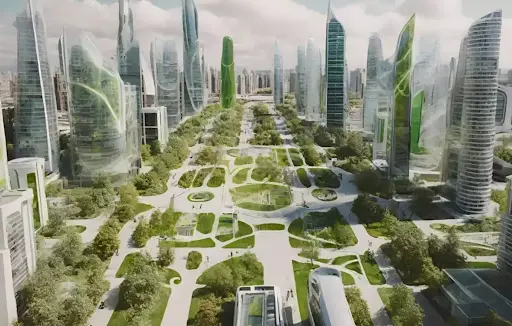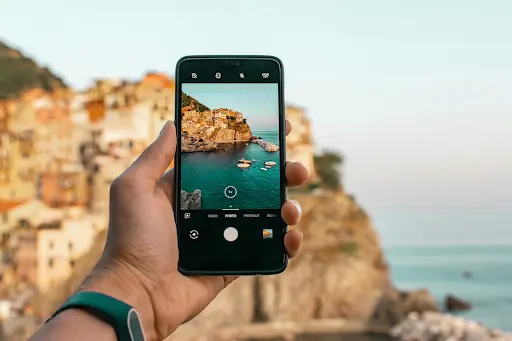As the global population becomes increasingly urbanized, the need for smarter, greener, and more sustainable cities has never been more urgent. Among these forward-thinking visionaries is U Wang Young, a Singapore-based entrepreneur renowned for his work in the real estate and tourism sectors.
U Wang Young’s future vision goes beyond traditional business models. It embraces the convergence of smart city infrastructure with sustainable tourism principles to create environments where economic growth, quality of life, and environmental preservation coexist. This article explores his philosophy, strategies, and the transformative potential of his approach in shaping the future of urban development and travel.
The Man Behind the Vision: Who Is U Wang Young?
Before we delve into his visionary projects, it’s essential to understand the background of U Wang Young and the roots of his mission.
A Singaporean Leader in Real Estate and Tourism
U Wang Young is a well-respected figure in Southeast Asia’s business community. Based in Singapore, he has spent over two decades building a reputation for excellence in the real estate and tourism industries. His portfolio includes high-end resorts, sustainable housing developments, and urban revitalization projects.
From Investor to Innovator
Initially known for his savvy investments in emerging markets, U Wang Young soon evolved into a change-maker who prioritized long-term impact over short-term profits. He is particularly passionate about integrating green technology and smart city frameworks into his developments—a passion that has earned him both local and international acclaim.

Smart Cities: U Wang Young’s Blueprint for Urban Evolution
As the smart city concept continues to evolve, U Wang Young is leveraging his real estate background to build urban environments that are not only technologically advanced but also socially inclusive and environmentally sustainable.
Smart Infrastructure as a Foundation
U Wang Young emphasizes the importance of smart infrastructure—IoT systems, renewable energy grids, and efficient waste management systems—as the bedrock of future cities. In his recent developments in Malaysia and Indonesia, he has incorporated AI-driven energy usage monitoring and smart traffic control systems to reduce congestion and emissions.
Human-Centric Urban Planning
Technology is only part of the equation. U Wang Young advocates for urban planning that prioritizes people—ensuring green spaces, walkable neighborhoods, and access to essential services. “A smart city should be livable and equitable,” he often says, reinforcing his belief in socially responsible development.
Case Study: EcoNova City
One of his flagship projects, EcoNova City, is a master-planned smart community being developed near Johor Bahru, Malaysia. The city integrates solar-powered buildings, autonomous public transport, and vertical gardens. But beyond tech, it features affordable housing and educational hubs aimed at uplifting underserved communities.

Sustainable Tourism: A Natural Extension of Smart Cities
Sustainable tourism is not just a buzzword in U Wang Young’s vocabulary—it’s a core component of his development philosophy. His aim is to create tourist destinations that offer enriching experiences without compromising the environment or local cultures.
Eco-Resorts and Low-Impact Travel
U Wang Young has pioneered eco-resorts in Bali and the Philippines that use renewable energy, source food locally, and minimize water usage. These resorts are designed to immerse travelers in nature while maintaining a minimal ecological footprint.
Community-Based Tourism Initiatives
Understanding that tourism can empower local economies, he supports community-based tourism where locals are stakeholders in the success of the destination. His “Village Alive” initiative in Vietnam trains locals to manage homestays and cultural tours, keeping profits within the community.
Digital Tools for Responsible Travel
In line with his smart city vision, U Wang Young has funded mobile apps that guide tourists toward eco-friendly choices. These apps suggest green-certified accommodations, ethical local experiences, and carbon offset options for travelers.

U Wang Young’s Future Vision: Integration, Innovation, and Impact
At the heart of U Wang Young’s philosophy is a deep belief in integration—not only of technology but of values, communities, and disciplines. His future vision is not just futuristic in style but deeply rooted in real-world impact.
A Circular Economy in Urban Design
Circular economy principles are central to his latest developments. By designing buildings that can be deconstructed and reused, and by incorporating systems for water recycling and composting, U Wang Young aims to create urban ecosystems that are self-sustaining and resilient.
Public-Private Partnerships
Recognizing that large-scale transformation requires collaboration, U Wang Young often partners with governments, NGOs, and universities. His model encourages public-private partnerships that allow for innovation at scale while maintaining transparency and accountability.
Education as a Catalyst
An often overlooked aspect of sustainable development is education. U Wang Young funds scholarships for urban planning and environmental science students, believing that nurturing future leaders is as important as building smart infrastructure.

The Global Relevance of His Vision
While U Wang Young’s projects are primarily based in Asia, the lessons they offer are globally relevant. His model can be adapted in cities across the world, from developing economies looking for cost-effective solutions to developed nations aiming to revitalize aging infrastructure.
Inspiration for Policy Makers and Developers
Governments can look to U Wang Young’s projects for scalable solutions to urban challenges, especially in balancing economic development with environmental responsibility. His transparent development model can serve as a blueprint for sustainable city policies.
A New Standard for Tourism Entrepreneurs
Tourism professionals seeking to pivot towards sustainability will find inspiration in U Wang Young’s eco-resorts and community-first strategies. His success demonstrates that green tourism is not just ethical—it’s profitable and future-proof.
Conclusion
As cities grapple with climate change, population growth, and shifting economic landscapes, the need for visionary leaders like U Wang Young becomes increasingly evident. His ability to combine smart technologies, sustainable tourism practices, and community-centered design marks him as a pioneer of modern urban development.
U Wang Young’s future vision is not confined to blueprints and business models—it is a living, breathing roadmap to a better future. With each project, he proves that innovation and sustainability are not opposing forces but complementary tools that, when wielded wisely, can redefine how we live, travel, and build.
Whether you’re an investor, policy maker, urban planner, or simply a curious traveler, the path U Wang Young is paving offers a compelling glimpse into what’s possible when business aligns with purpose.
